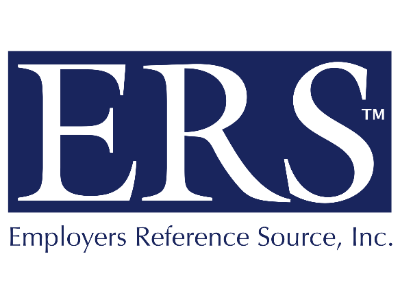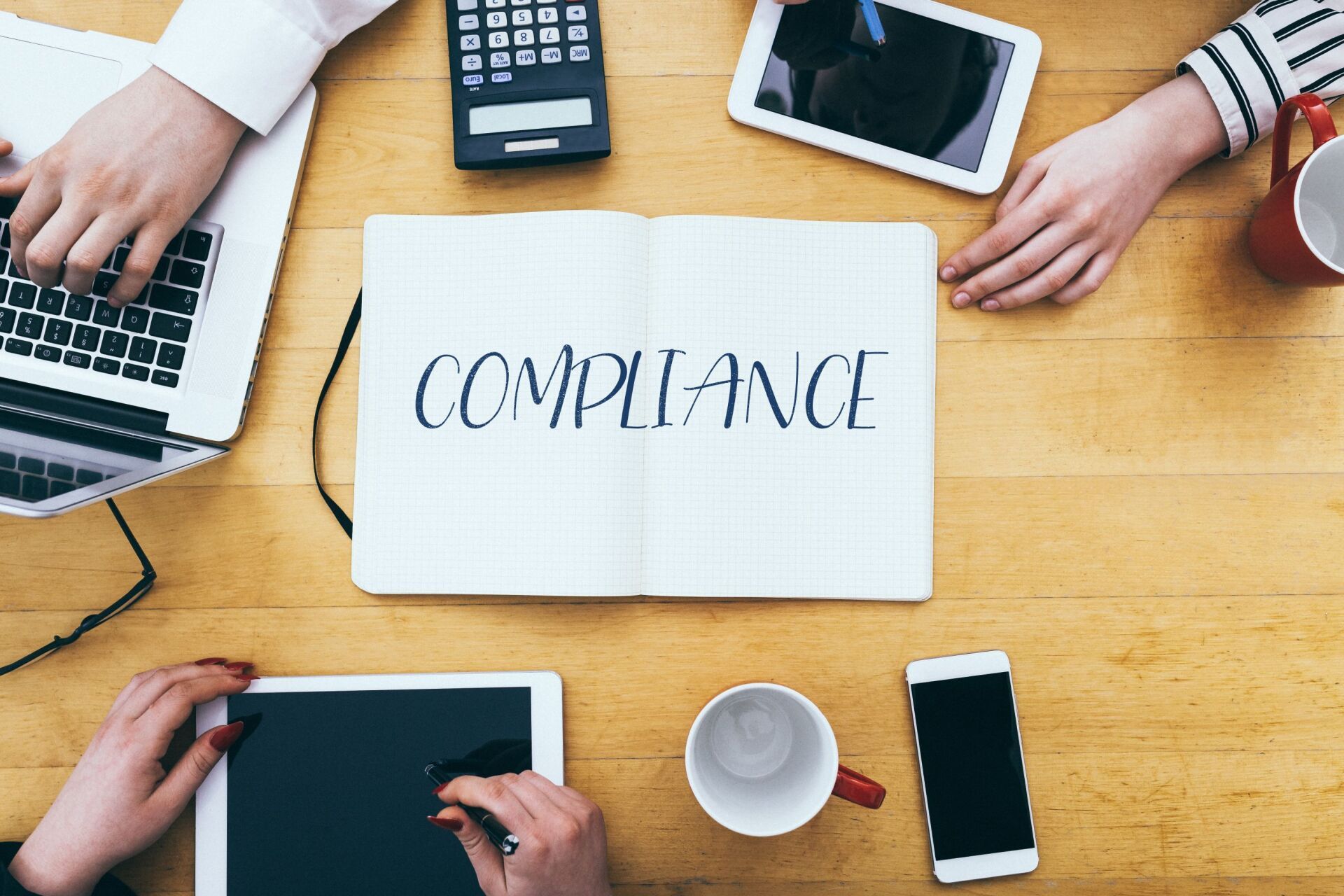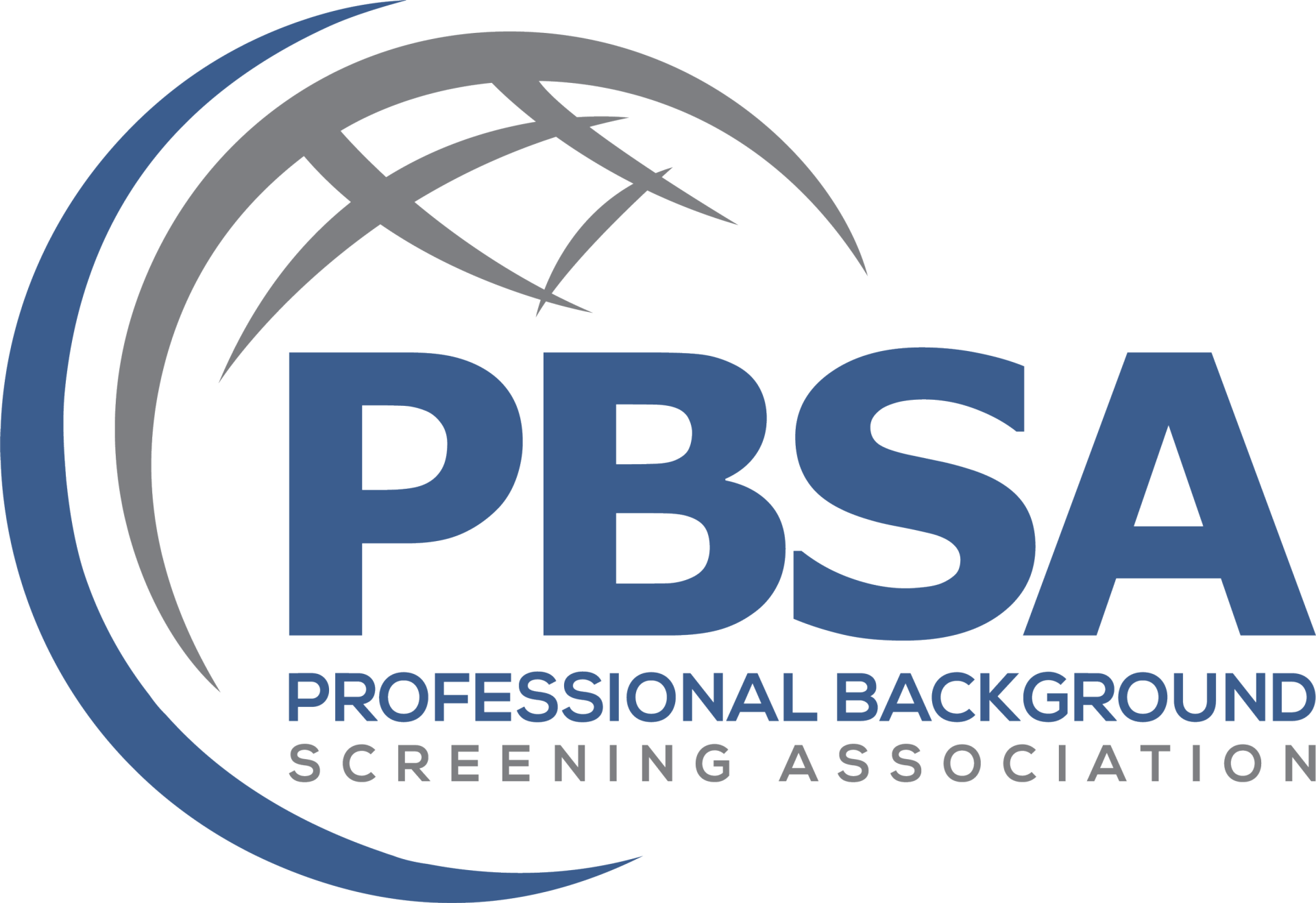I-9 Compliance Flexibility Extended to April 2022 by ICE
The United States Immigration and Customs Enforcement (ICE), part of the Department of Homeland Security, is the agency tasked with immigration safety and control. Part of the agency's jurisdiction is ensuring that only those people who are legally authorized to work in the United States are doing so. ICE oversees use of the I-9 form as a primary tool in distinguishing authorized and non-authorized workers.
What Does I-9 Compliance Flexibility Mean?
A critical part of how employers comply with ICE's I-9 regulations is physically reviewing required documentation employees must present to verify their identities and authorization to work. To limit unneccessary physical contact during he COVID-19 pandemic, ICE temporarily eased the documentation examination requirements for employees hired in April 2021 or after and working completely remotely (no exemption is made for employees who report to a workplace). Exceptions are also made on a case-by-case basis for other situations where physically reviewing documentation may not be feasible.
The announcement of the extension in flexibility indicates that rules will be eased until April 30, 2022. Note that I-9 paperwork must still be completed in a timely fashion, and only some instances of physically examining an employee's documentation of eligibility to work are affected by the extension
About I-9 Form Compliance
Formally called the Employment Eligibility Verification form, but familiarly known by its identification number, the I-9 is a U.S. Citizenship and Immigration Services (USCIS) form mandated by the Immigration Reform and Control Act of 1986. This form must be filled out for every employee working in the United States, both citizens and non-citizens alike, to verify identity and authorization to legally work.
Employee Responsibilities on the I-9
By completing and signing the form, employees are:
- Attesting they are authorized to work in the US
- Indicating how they are authorized (citizen, naturalized citizen, etc.)
Employer Responsibilities on the I-9
To be compliant, employers must:
- Review required pieces of approved documentation provided by employees to verify identities and work eligibility (passport, driver's license, etc.)
- Keep I-9 paperwork on file for a specified period of time
Failure to comply with I-9 completion and retention requirements can result in costly fines and penalties (up to $20,000 per affected employee!) due to non-compliance.
At Employers Reference Source, Inc., our I-9 and E-Verify solutions can help make compliance quick and easy. Contact us today to learn more about these services and our many other background screenings to help ensure the integrity, safety, and quality of your workforce.










